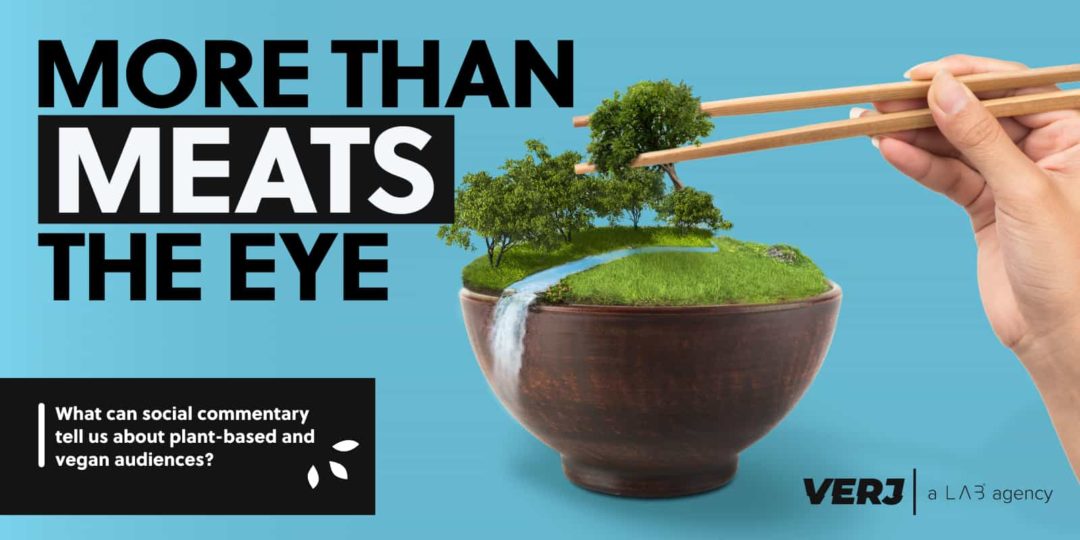“Our report has allowed us to analyze what social commentary can tell us about the differences between plant-based and vegan eating and how brands can be influenced by the growth in this market and what these consumers are looking for," said Max Wiggins, Insight and Innovation Lead at VERJ. "The findings clearly show that brands can’t just jump on the back of hot topics, they need to better understand and support their green eating customers and connect to their ethos. By doing this, they can attract new customers.”
VERJ performed CLA on millions of words, such as "protein" and "calories," that were identified from specific social media conversations on sustainable eating between consumers. Some of the key findings: vegan and plant-based snacks are gaining interest, eating plant-based is seen as a lifestyle change linked to wellbeing, and food appearances matter more for plant-based eaters.
Related: Diet, Socioeconomic Status Linked to Risk of COVID Consumer Research Points to Immune-Boosting Functional Food Opportunities Vegan Trends Upward, Education Still a Must, Fact.MR Reports
Here are report specifics:- Snacks ("candy," "cookies" and "chocolate") were 2.2 times more likely to be mentioned in vegan/plant-based social commentary in the last six months compared to six months prior.
- People were more likely to choose a plant-based lifestyle because of wellbeing, health and motivation, compared to vegan-based online comments. Additionally, "calories" and "body weight" were also more likely (2.6 times and 3.1 times respectively) to be mentioned when people talked about plant-based eating.
- The term "transitioning" was 3.3 times more likely to be mentioned in posts about plant-based than vegan eating.
- The term "looks" was 3 times more likely to be referenced in plant-based commentary than vegan commentary. This indicates the aesthetics of food is a concern for plant-based audiences due to the pivotal role it plays in transitioning to their new lifestyle.










